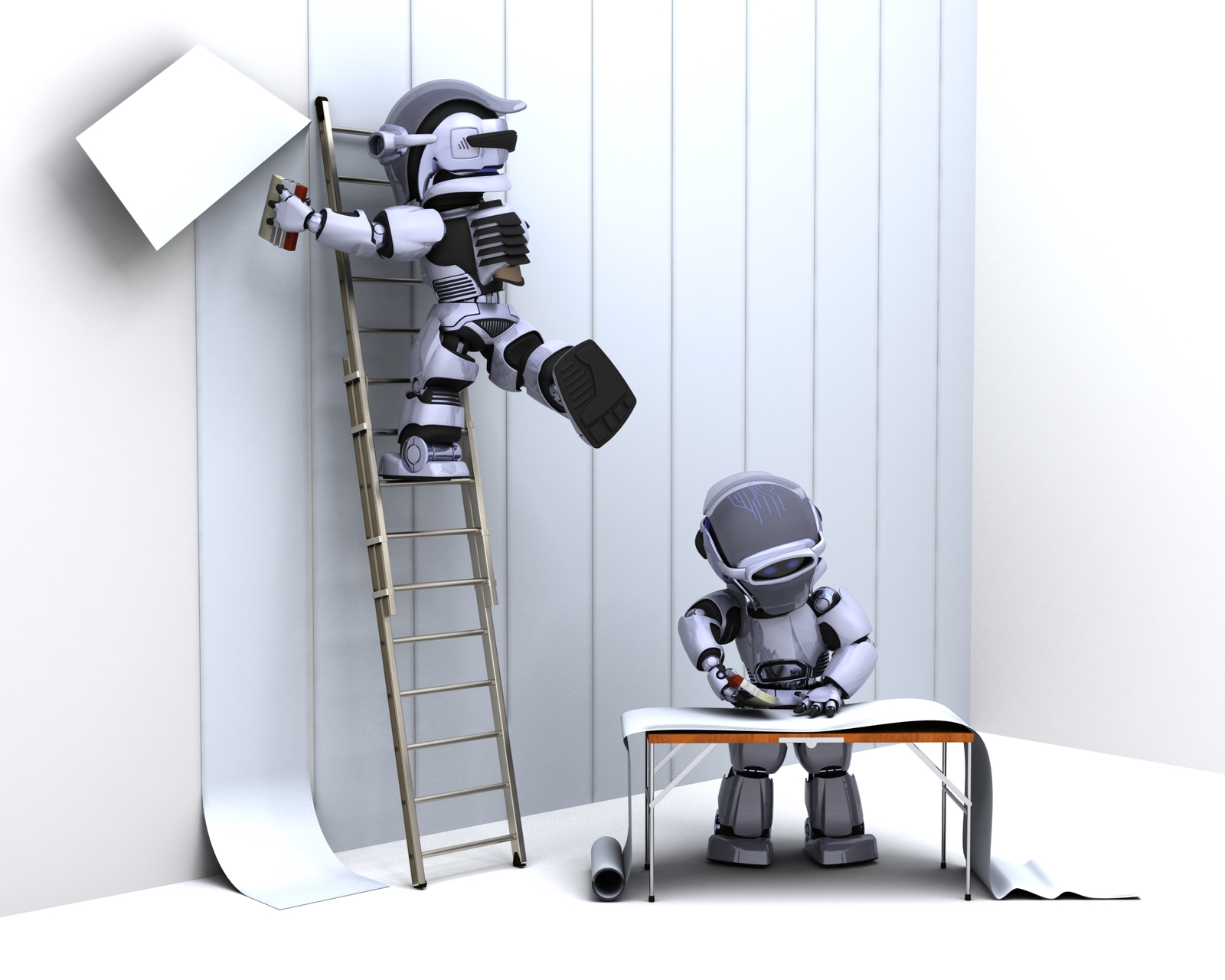Robots/Automation in the Construction Industry, will they Replace Manpower?
The construction industry has been one of the most labor-intensive industries for centuries. But with the rise of robots and automation, there are some speculations in the market. In this article, we'll take a look at how robots are changing the construction landscape and what the future might hold for this rapidly evolving industry.
What are robots/automation?
Robots/Automation in the construction industry are machines that are controlled by computers to carry out specific tasks. They can range from simple machines that carry out repetitive tasks, to more complex machines that are able to carry out a variety of tasks. In recent years, there has been an increase in the use of robots/automation in construction, as companies look to reduce costs and improve efficiency.
There are many benefits to using robots/automation in construction. They can work faster and more accurately than human workers, they don't get tired, and they can work in hazardous environments. However, there are also some drawbacks. Robots/automation can be expensive to purchase and maintain, and they can also lead to job losses as human workers are replaced by machines.
Only time will tell if robots/automation will completely replace human workers in the construction industry. For now, it seems that they are here to stay and will continue to play an important role in the construction process.
Pros and Cons of robots/automation
The construction industry has been slow to adopt new technology, but that is starting to change. One area that is seeing increased use of technology is in the form of robots and automation. There are pros and cons to using robots/automation in the construction industry.
Some of the pros include:
- Increased accuracy - Robots can do some tasks more accurately than humans, which can result in fewer mistakes and errors.
- Higher productivity - Robots can work faster than humans, which means that more work can get done in a shorter period of time.
- Safer working conditions - Robots can do some tasks that are dangerous for humans, such as working with hazardous materials.
Some of the cons include:
- High initial cost - Robots/automation can be expensive to set up, so there is a risk that they will not be cost-effective in the long run.
- Job losses - as robots/automation take over certain tasks, there is a risk that human workers will lose their jobs.
- Dependency on technology - if there are problems with the robots/automation, it can cause delays and disruptions to the construction project.
Are robots/automation replacing manpower?
The short answer is no, robots and automation are not replacing manpower in the construction industry. There are many tasks in construction that still require the human touch, such as site surveys, design work, quality control, craftmanship etc. However, there are some areas where robots and automation are starting to make inroads, such as bricklaying and welding.
Why manpower is not replaceable by robots in construction industry?
It is no secret that the construction industry is struggling to find enough skilled labor to complete projects. The need for manpower is still high and there are a number of reasons why robots cannot replace human workers in this industry.
- Construction projects are often complex and require a high level of adaptability and creativity. Robots are not yet able to match the cognitive abilities of humans when it comes to solving problems on the fly.
- Construction work often requires physical strength and dexterity that robots cannot match. Humans can maneuver in tight spaces and handle delicate materials with much more precision than any robot currently available.
- The construction industry is constantly changing and evolving. New technologies and methods are being developed all the time, and robots would need to be constantly updated to keep up. This would be a costly and time-consuming process.
- The cost of purchasing and maintaining a fleet of construction robots would be prohibitive for most companies. The upfront cost alone would likely be in the millions of dollars, making it unrealistic for all but the largest construction firms.
- Humans are still much better than robots at dealing with unexpected situations. If something goes wrong on a construction site, humans can quickly adapt and find a way to fix the problem. Robots would likely struggle in such situations.
In short, there are many reasons why manpower is still desirable in the construction industry. Robots may one day be able to replace humans for some tasks, but they are not yet able to do everything that human workers can do. Until that time, construction companies will continue to rely on human workers to get the job done.
The benefits of having human workforce
There are many benefits to having human workforce in the construction industry.
- One benefit is that humans can think and act creatively when problems arise, something that robots cannot do.
- Additionally, humans are able to communicate with one another and build relationships, which helps to create a cohesive work environment.
- Finally, humans are able to empathize with one another, something that is critical when working on a construction site where there are often safety concerns.
Conclusion
There is no doubt that robots and automation are helping humans to increase productivity in the construction industry. But will they replace manpower entirely? Impossible. While robots can do some things more efficiently than humans, there are still many tasks in construction that require the finesse and expertise that only humans can provide. So, it’s near to impossible that Robots or automation will completely replace human workforce.



